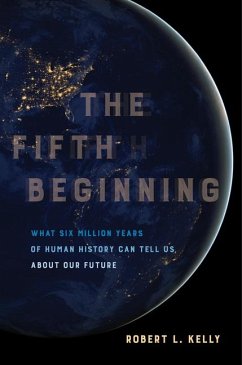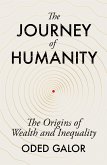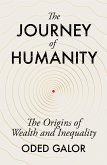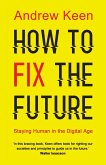I have seen yesterday. I know tomorrow. This inscription in Tutankhamens tomb summarizes The Fifth Beginning. Here, archeologist Robert Kelly explains how the study of our cultural past can predict the future of humanity. In an eminently readable style, Kelly identifies four key pivot points in the six-million-year history of human development: the emergence of technology, culture, agriculture, and the state. In each example, the author examines the long-term processes that resulted in a definitiveno-turning-backchange for the organization of society. Kelly then looks ahead, giving us evidence for what he calls afifth beginning, one that began about AD 1500. Some might call it globalization, but the author places it in its larger context:a 5,000-year arms race, capitalisms global reach, and the cultural effects of a worldwide communication network.
Bitte wählen Sie Ihr Anliegen aus.
Rechnungen
Retourenschein anfordern
Bestellstatus
Storno








